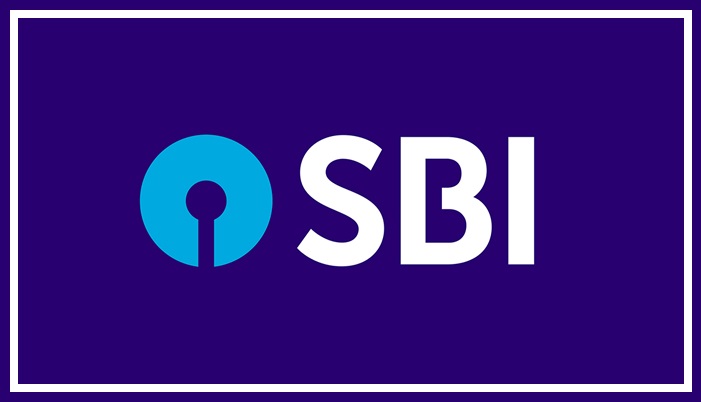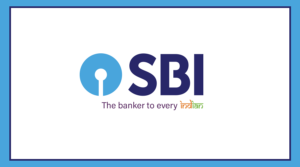Anticipated good news is on the horizon for bank employees as the Indian Banking Association (IBA) has reportedly granted approval for a five-day work week, bringing the concept of ‘five-day banking’ closer to reality.
After persistent demands from various bank employee unions over the past year, the IBA, an organization dedicated to managing Indian banks, convened on July 28th.
In a pivotal move, the industry’s appeal to designate all Saturdays as bank holidays was endorsed by the IBA and subsequently forwarded to the Ministry of Finance for official ratification.
Ministry of Finance Approval Awaits:
Pending the Ministry of Finance’s approval, the proposed change would result in bank branches operating exclusively for five days a week, from Monday through Friday.
However, branch working hours could be extended by 45 minutes. Key stakeholders within both private and public sector banks have confirmed that the initiative to make Saturday a holiday was greenlit during the recent IBA meeting.
The onus now lies on the Finance Ministry to grant the final approval for this transformation.
Potential Implications and Shifts:
Presently, banks in India enjoy a weekly holiday every Sunday, in addition to the second and fourth Saturdays of each month.
The proposed alteration entails allotting the first, third, and fifth Saturdays of every month as holidays for bank employees.
Should the measure come into effect, banking operations would be limited to five days a week, offering staff members a two-day respite on the weekends.
Customer Impact and Online Banking Surge:
As the shift to a five-day work week gains traction, customers might encounter challenges with tasks requiring in-person visits to the bank.
Numerous professionals, who often conduct their banking affairs on Saturdays due to their work schedules, could find themselves needing to take leave or allocate time outside of office hours.
Many of these customers may resort to online banking to manage their transactions and affairs conveniently.
While the change holds the potential to introduce some disruptions, the move towards streamlined, efficient banking operations remains a central focus.

























